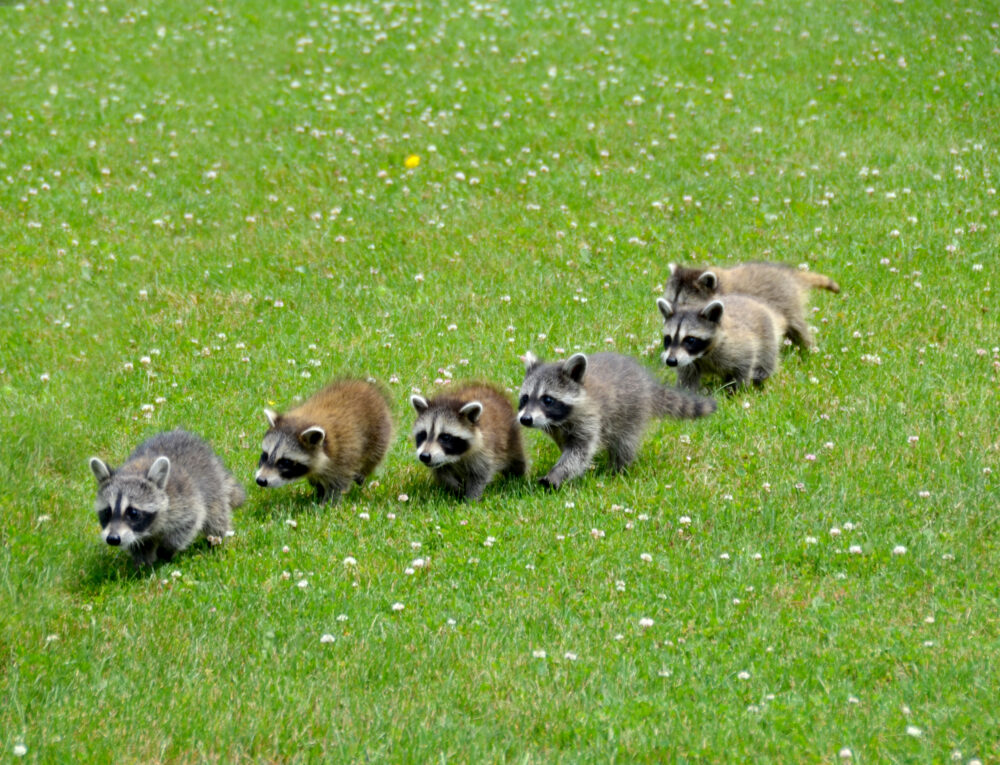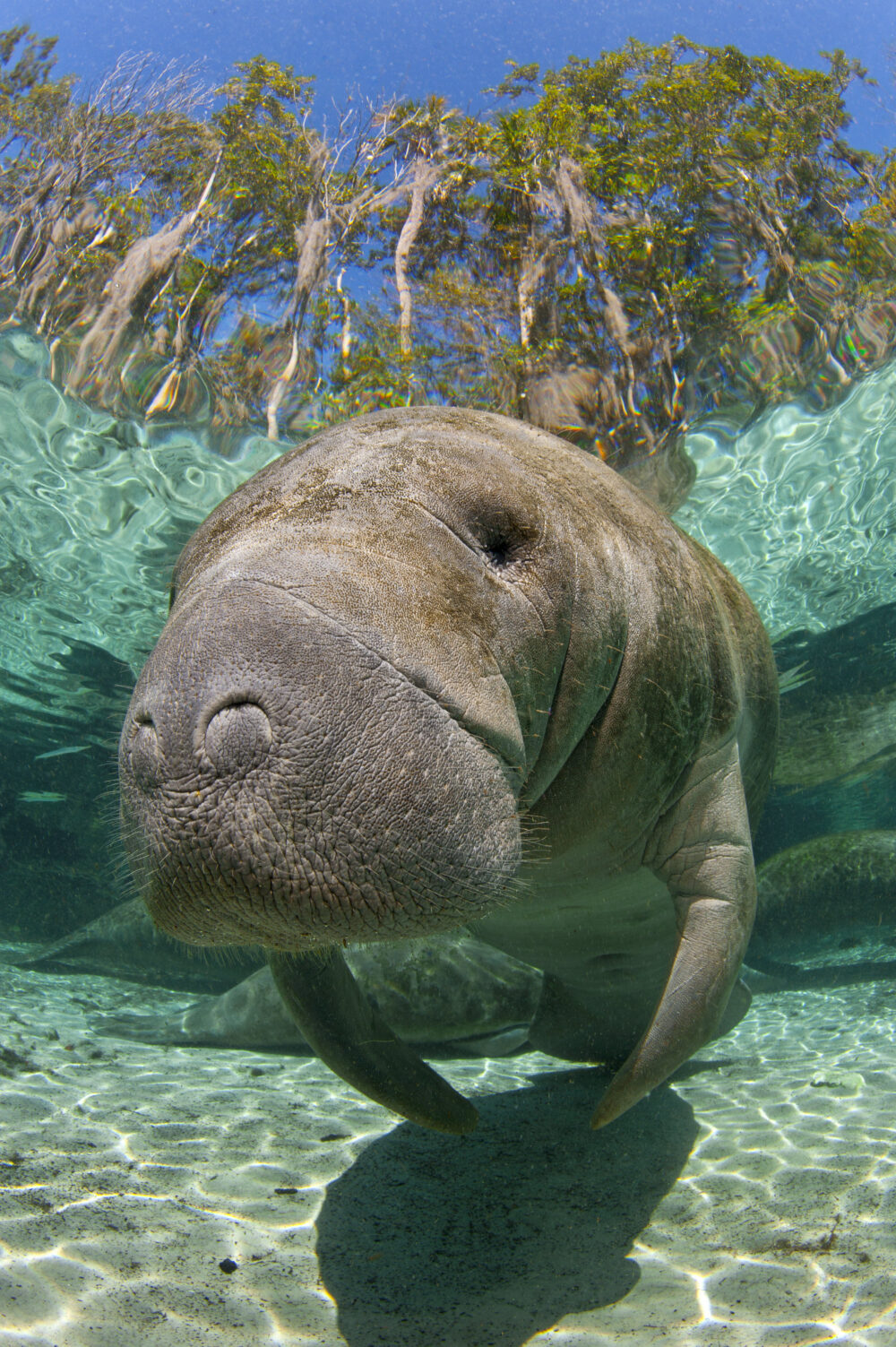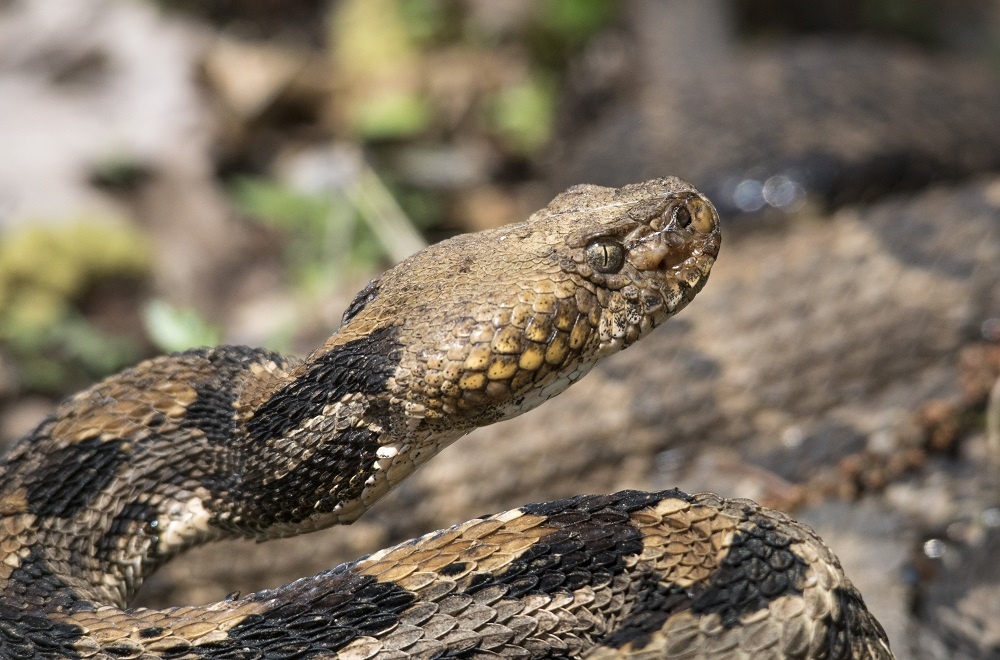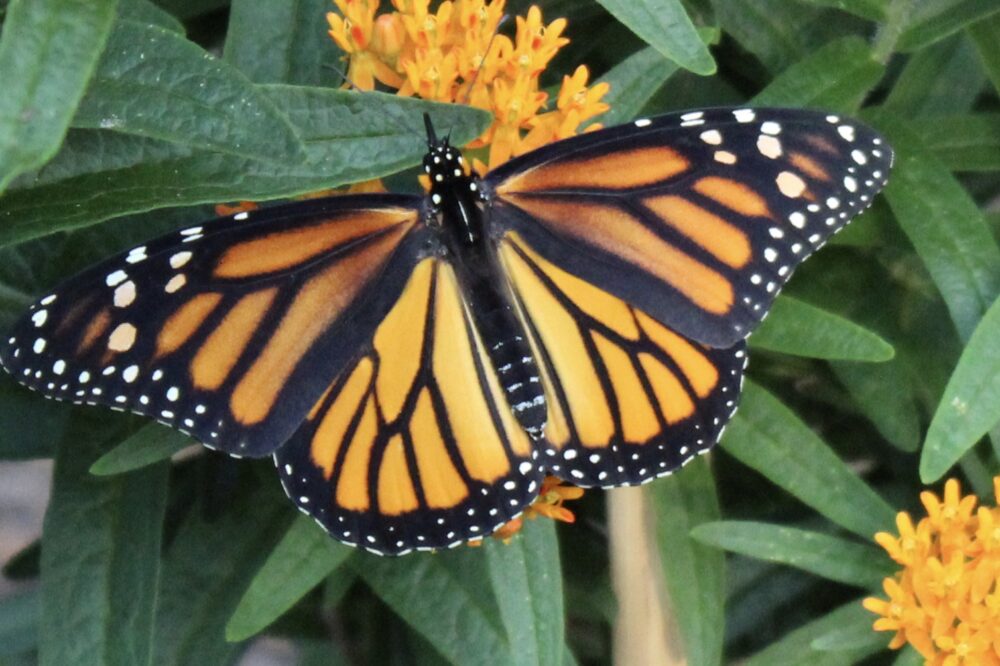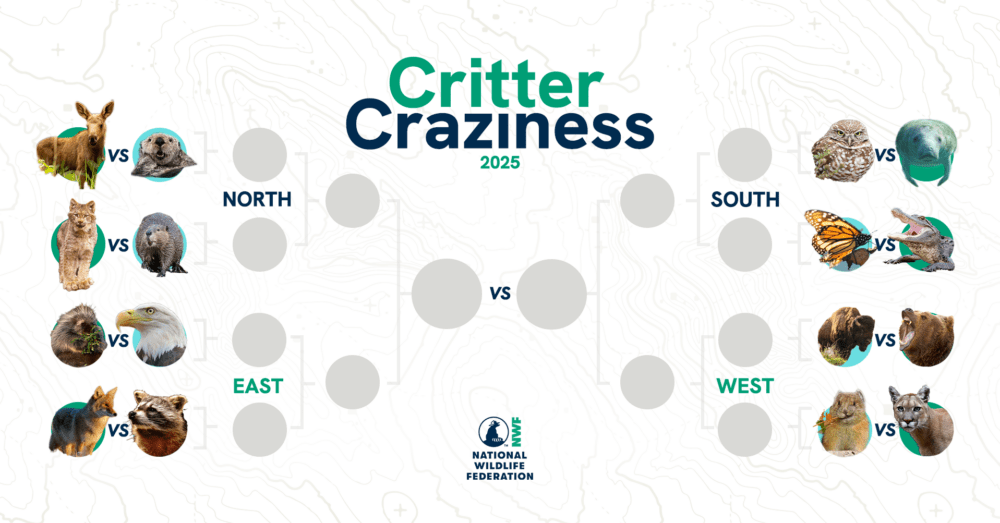We have much more to do and your continued support is needed now more than ever.
If Birds Could Talk
Jaime Matyas is NWF’s Executive’s Vice President & Chief Operating Officer. She is in Louisiana this week with NWF’s on the ground team touring areas devastated by the oil spill. Here is the second report from her trip out on the water.
As we boated through Barataria Bay towards Cat Island, the sounds from the rookery were the first thing to catch our attention. As we got closer, you could see dozens of large brown pelicans, terns, egrets and roseate spoonbills, as well as many new hatchlings. The cacophony of the birds sounded as energetic as the hum of cheers that erupts along the sidelines of youth soccer matches on any spring weekend.
On the island we saw several oiled brown pelicans, two yellowed egrets and another two oil stained spoonbills.
We called the BP operated 1-800 rescue line only to be asked several times our address and the closest intersection. Really? Cat Island is at least 20 miles from the marina, there are no roads visible to the eye and certainly no nearby intersections. This is not the first time NWF has experienced this problem.
Next stop today, the bird rescue facility to understand how we can help improve the search, identification and rescue process.
Looking at Cat Island covered with birds, and only a fraction of its initial size due to subsidence in the absence of additional sediment inputs, looks like a life raft in the midst of open water. I wondered as I listened to the birds calling, if they were trying to tell us something.
Almost 75 years ago, Ding Darling with the support of President Roosevelt help found the National Wildlife Federation saying, “we have to talk for the ducks because they can’t.” I wondered what Ding Darling and President Roosevelt would think of this human caused disaster.
President Roosevelt once said:
“It is also vandalism to destroy or to permit the destruction of what is beautiful in nature, whether it be a cliff, a forest, or a species of mammal or bird. Here in the United States we turn our rivers and streams into sewers and dumping-grounds, we pollute the air, we destroy forests, and exterminate fishes, birds and mammals… But at last it looks as if our people were awakening.”
Almost 100 years later, I can only hope that our people will do more than awaken, we must act.
You can see more photos from the trip on Flickr and more NWF videos on YouTube.
 Help ensure NWF has the funding needed to be on the front lines helping wildlife >>
Help ensure NWF has the funding needed to be on the front lines helping wildlife >>
For all the latest news on how the oil spill is impacting the Gulf Coast’s wildlife & to learn how you can help, visit NWF.org/OilSpill.














